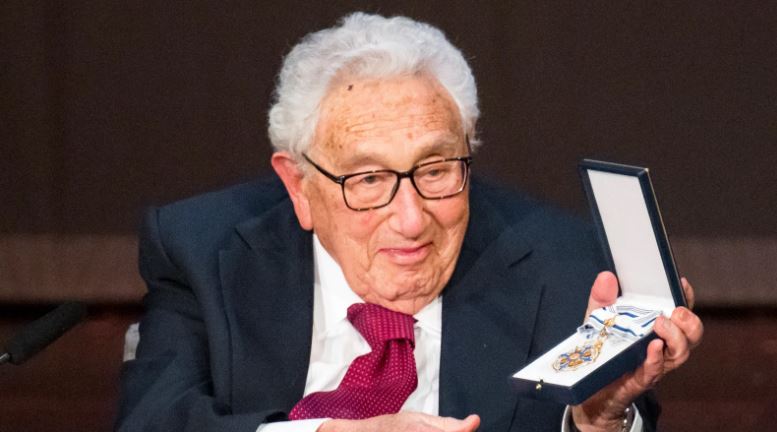Henry Kissinger: A Controversial Titan of Diplomacy Passes Away at 100

Henry Kissinger, a towering figure in American foreign policy and a recipient of the Nobel Peace Prize, passed away on November 29 at his home in Connecticut, just months after celebrating his 100th birthday. His death was confirmed by Kissinger Associates, Inc. in a statement.
Kissinger’s career was marked by both acclaim and controversy. As the United States Secretary of State and National Security Advisor during the Nixon and Ford administrations, he played a pivotal role in shaping U.S. foreign policy in the tumultuous 1970s. His efforts in negotiating a ceasefire in Vietnam in 1973 earned him the Nobel Peace Prize, despite the enduring debates about his approach and decisions during the conflict.
His tenure was also marked by significant diplomatic achievements, including the opening of relations with the People’s Republic of China and détente with the Soviet Union. These strategic moves were essential in the reordering of global geopolitics during the Cold War era. Kissinger’s impact on international relations was profound, and his strategies and doctrines continue to influence diplomatic thought and policy.
However, Kissinger’s legacy is not without its detractors. He has been a polarizing figure, criticized for his role in various international events that led to significant loss of lives and political upheaval, particularly in Latin America and Southeast Asia. This aspect of his career has led to a complex and often contentious debate over his contributions to international diplomacy and American foreign policy.
As the world reacts to the passing of this divisive yet undeniably influential figure, it becomes clear that Henry Kissinger’s life and career encapsulate the complexities and contradictions of global diplomacy in the 20th century. His strategies and policies continue to be studied and debated, reflecting the indelible mark he left on the world stage.
His death at the age of 100 marks the end of an era in global politics and diplomacy, and his contributions, both celebrated and criticized, will remain a significant part of the history of international relations.





